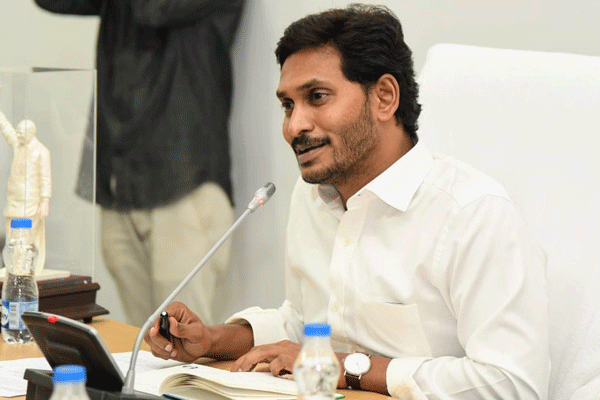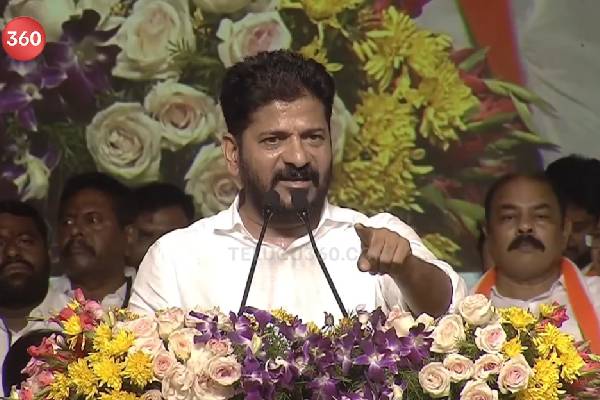All government-run schools in Andhra Pradesh will have English as the medium of instruction from class 1 to 8, Chief Minister Y S. Jagan Mohan Reddy announced on Wednesday.
The government will impart the necessary training to teachers to meet the changing needs, and as part of this exercise, nearly 70,000 teachers would be trained in District Institutes of Education and Training (DIETs).
Introducing English as medium of instruction is part of the sweeping reforms the state government is planning to introduce in the education sector.
During a review meeting on education, Reddy said vacant posts of teachers will be filled in January every year and the teacher-student ratio would be maintained at all times. Environment, climate change and road safety would also be included in the curriculum.
The Chief Minister asked the officials to prepare an action plan to ensure that every ‘mandal’ has one junior college and wherever possible high schools should be upgraded to junior colleges. In the same manner, every Assembly constituency should have one degree college, he said.
The state government has also decided to refurbish 44,512 schools under ‘Then and now’ programme and the first phase will cover 15, 410 schools. Every phase will cover Panchayatraj, Municipal, Tribal, Social, BC Welfare and other schools. The first phase should be completed by March 14, 2020 and there will also be a social audit, he said.
Reddy asked officials to involve parents in the education of children and quality of mid-day meal.
Brushing aside the talk that permissions are not being given to private colleges, Reddy said, if the institutions have the stipulated infrastructure there will not be any problem.


































